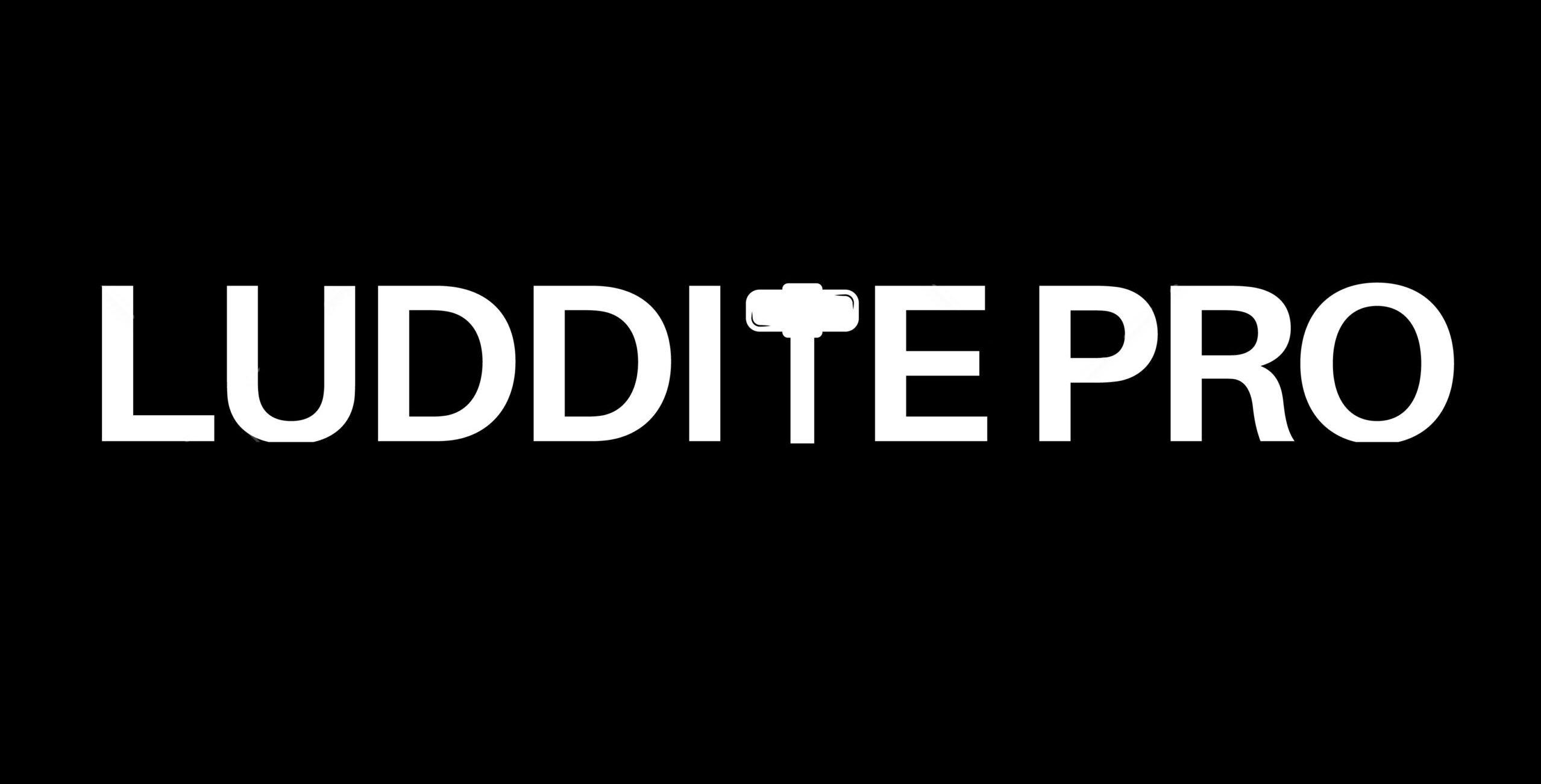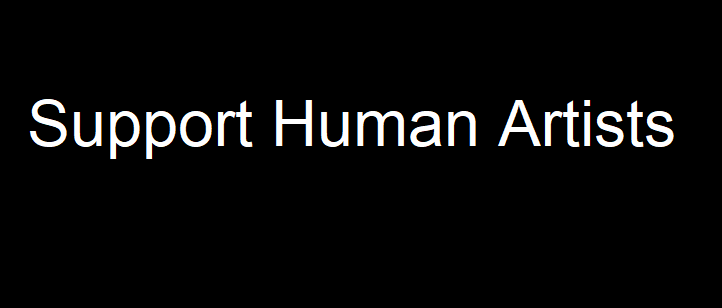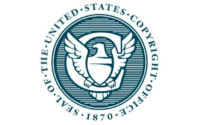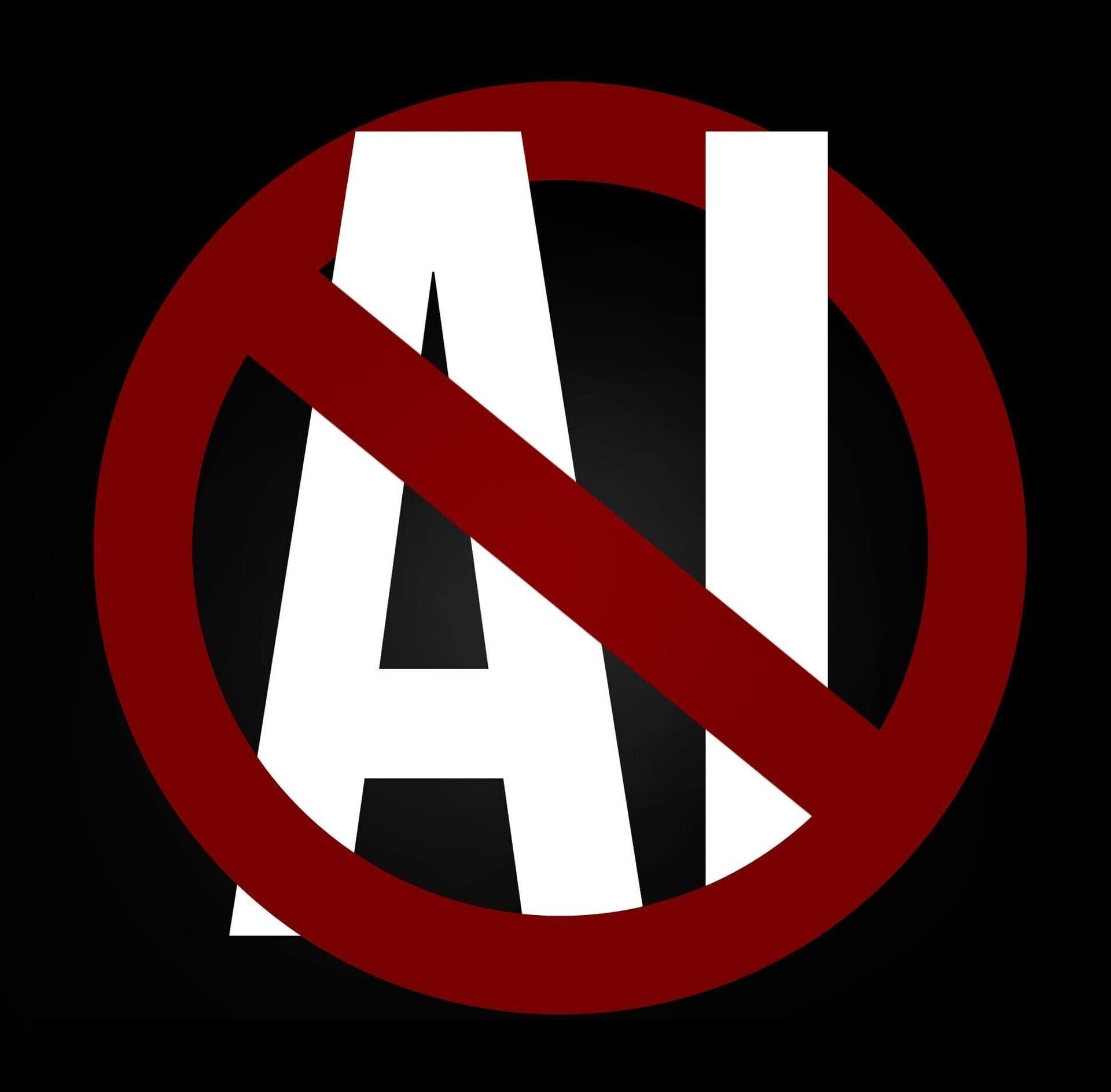Resources for Human Creatives
Here are some great free resources to help support human artists, writers, photographers, entrepreneurs, researchers, and anyone else trying to avoid exploitative data scraping.
These resources are regularly updated. Please feel free to contact us to add any additional resources. Consider an optional paid subscription if you want to support independent research and journalism.
Create Don’t Scrape – This website was created by human artist Jon Lam to provide resources for AI artists to learn more about generative AI and protect their visual work.
Glaze – Available both for download and via web portal , Glaze protects images (artwork, photographs, etc) from AI scraping. It was created by Shawn Shan, Stanley Wu, Jenna Cryan, Emily Wenger, Rana Hanocka, Ronik Bhaskar, and professors Heather Zheng and Ben Zhao at University of Chicago. Contact Glaze or artists like Paloma McClain, Zakuga Mignon, Kelly McKernan, or Karla Ortiz on Twitter for an invite to WebGlaze.
HaveIBeenTrained – This website indexed the 5.8 billion images contained in the LAION dataset used to create Stable Diffusion, MidJourney, and more. Input text or images to find out if it’s contained in the training dataset.
Brush Warriors – This site from a human designer (only listed as Anna) has a list of art platforms that have banned generative AI from their sites. Be wary of some of these, as sites like Shutterstock may ban AI uploads, but they still train generative AI algorithms on their catalog. There are also unlabeled AI images to be found everywhere.
Alternatives to Adobe Applications – This Github repository has been regularly updated for years to help artists find alternatives to any Adobe Creative Cloud apps. This is increasingly important as Adobe’s generative AI and data scraping policies are shady enough to justify not using them.
Human-Friendly Apps – Human writer Brian Penny built this spreadsheet to help creatives learn to use alternatives to software from major corporations like Adobe, Google, and Microsoft that support exploitative approaches to data scraping and artificial intelligence models.
Distributed AI Research Institute – DAIR is an independent, community-rooted institute founded by Timnit Gebru to counter Big Tech’s pervasive influence on the research, development and deployment of AI.
Women in AI Ethics – If you’ve tried reasoning with an amped-up AI bro spouting e/acc nonsense, you know that women are our best bet for an ethical AI future. Help support women in AI ethics to maintain their jobs and continue fighting the good fight from within.
USCO Generative AI Rules – The US Copyright Office’s most recent public statement about generative AI came March 16, 2023 in response to the copyright application for Zarya of the Dawn from Kris Kashtanova. The USCO is currently soliciting responses from now through October 18 related to generative AI, so make your voice heard.
Change.Org – This petition was started by Deana Igelsrud on May 3 to help get creatives into the White House discussion on AI. It may be of little use, as Senator Schumer is meeting with AI luminaries as we speak, and creatives have little to no representation.
Um, Isn’t That AI? – This Facebook group from Molly Huxley has over 300 active members dedicated to calling out AI images that aren’t properly disclosed. If you’re looking for fake images pretending to be AI, this group is a great place to find and submit them.
On the Dangers of Stochastic Parrots – This paper from Emily Bender, Timnit Gebru, Angelina McMillan-Major, and Margaret Mitchell is essential reading to understand how large language models like ChatGPT, Bard, Claude, and Character AI really work. Although they may sound intelligent, they’re simply repeating what they hear with no real understanding.
If you find these resources helpful, please consider an optional donation to support independent journalism.



